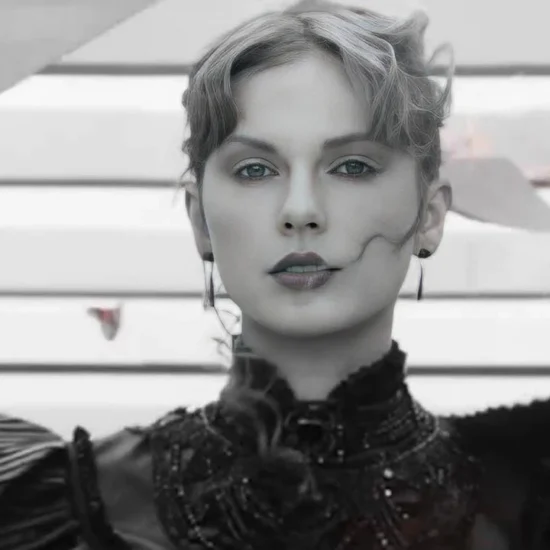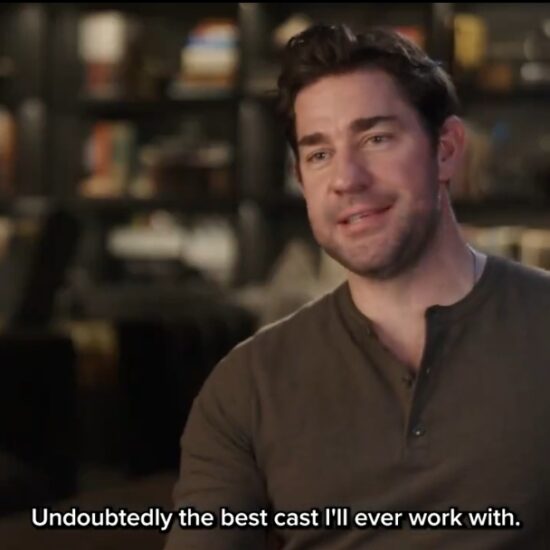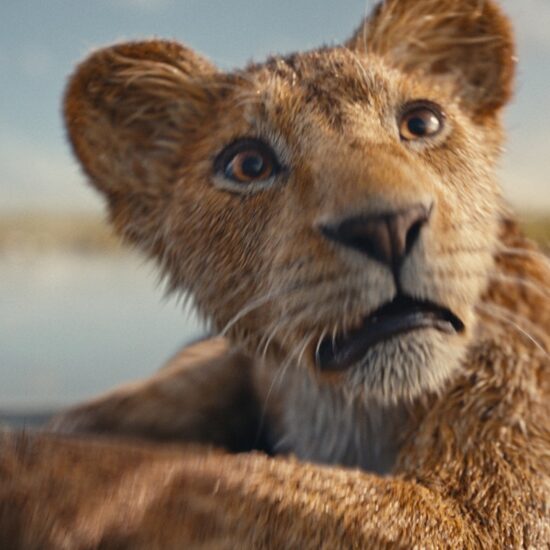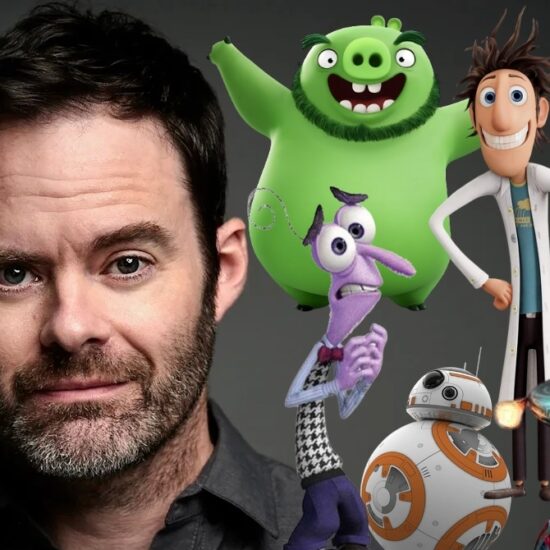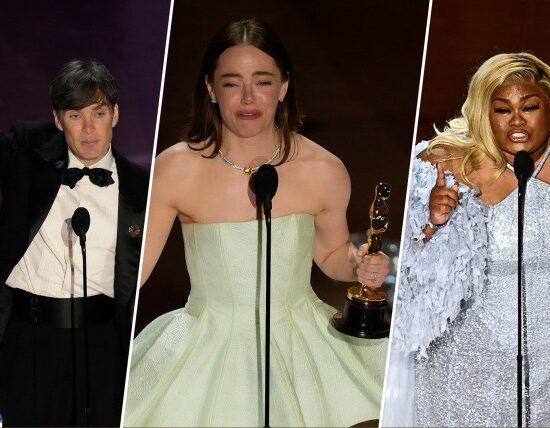
The subtleties of war. The struggle with loss and grief. The search for a home and belonging. The terror of puberty. The realization of mortality.
This year’s Oscar nominees in the animated feature category never shied away from the big issues. Underneath the bold exteriors of their artistic and technological achievements, each one embraced difficult, rich themes.
“I think there’s a way that young and old can both feel the emotion and the meaning of the story,” says “Puss in Boots: The Last Wish” helmer Joel Crawford. “Puss’ story is something we can all relate to in a way. He’s this fearless hero who has this moment where when he comes across the wall, feels fear for the first time because he knows he’s run out of lives and that he’s mortal — like all of us — for the first time. That moment is an impression of fear that I think everybody can feel. But then we are also able to tap into to some brighter kind of themes as well like hope through this impressionistic style we used in the animation.
“We also let the audience see Puss have a really serious anxiety attack because both adults and children can feel anxious and scared. When the dog Perrito lays his head on Puss’ stomach and brings him back to this point of calm it just washes over the audience and invites them in and puts them right there in this intimate moment. That’s not just a moment for children.”
These moments of real emotion don’t put younger audiences off, according to Crawford, but simply make the film more relatable
for everyone.
Helmer Domee Shi tackled her own challenging topics with humor and compassion in “Turning Red,” with the idea that animation is absolutely the right place for them. Female puberty had rarely been discussed or portrayed in any film.
“I think it’s uncomfortable because it’s just still not a common thing that you see in movies and in media and the only way to normalize it, I think, is to just shine a light on it and just to include it in it in more stories,” says Shi. “And I think at Pixar we strive to really explore universal truths, through a fun way in animation. And this is personal truth. Literally half of the population in the world goes through this. The entire population goes through some kind of awkward body change, right at some point in their lives. If we can look at it and normalize it and laugh at it, it won’t be so awkward to bring up, especially for kids that are going through that.”
While the perception might be that animation is the realm of “happily ever after,” animated films have often been a place where the story of the outcast can be told.
“For me, when I was a kid and I saw Walt Disney’s ‘Pinocchio,’ I understood that that was [a] work of art for a group led by a director,” says helmer Guillermo del Toro, who’s own take on the puppet tale has been lauded this year. “I understood there was a mission. There was a prophet parting the waters. There was a sense of an accomplishment that even as a kid you just understand that you’re revealing a portal into our reality that so many people created. When we did this film it’s the closest you can come to assembling the stop-motion group of artists that’s like the ‘Island of Misfit Toys.’ It’s a bunch of people that find a way to belong. This is a project guided by love and integrity and beauty.”
Stop motion in particular, with its imperfections and painstaking craftsmanship, emerged as a significant part of the animation landscape this year with “Guillermo del Toro’s Pinocchio,” “Wendell & Wild” and “Marcel the Shell With Shoes On” all telling stories that took on mortality, grief and the quest
for belonging.
While all of them had moments of great comedy, charm and joy, they each dug into their stories with the seriousness illustrating that animation is ultimately another way to tell their stories but not a limit to the kind of stories that can be told.
“I think that Marcel is a character who is meaningful to people because he’s making do in a world that wasn’t made for him,” says “Marcel the Shell With Shoes On” helmer Dean Fleischer Camp. “Everyone understands that feeling because we all had it from being a kid, because you’re literally too small for everything and everything is made for adults. Later you get older and now you’re surprised to find that it’s still the case as you get older. The world might seem like it just wasn’t made for you for stranger or weirder reasons. I find Marcel very inspiring because he’s somehow not frustrated by that. … For him it’s an obstacle, it’s not personal, and he’ll just overcome it like he did the last thing in this series of obstacles that make up his life. And I think everyone can take something away from that, that we all feel awkward and life can be hard for all of us at times.”
This year’s group of Academy nominated films show they’re part of the inclusive cinematic experience through the far-reaching stories they tell and the impact they have on their viewers.
“I think that that audiences have come with us and I think the perception has changed pretty radically if you look at where we were 30 years ago to now,” says Chris Williams, helmer of “The Sea Beast,” which tackles themes of diversity and tolerance. “It’s interesting though because I think the studios and the entertainment industrial complex are dragging behind us but they’re catching up. With the success of all these really great animated movies that have been coming over the past couple of decades, I think that there’s a growing confidence and unwillingness to allow people to limit us, and there’s a joy and a thrill of pushing outward and seeing what else is possible. It’s been invigorating. And Guillermo (del Toro), of course, has been a great spokesperson, but it’s been industrywide. It’s been something that’s been bubbling up for a while.”








